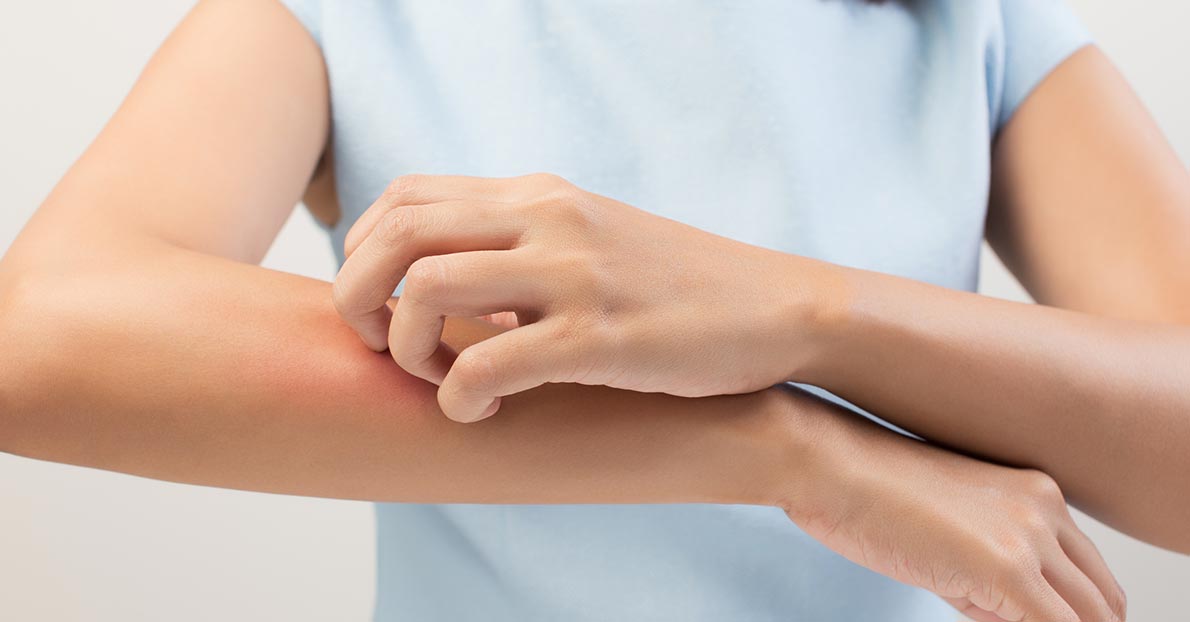A mouth ulcer is an ulcer on the mucous membrane of the oral cavity, usually appears as a small, painful lesion, white or pink in color. Mouth ulcers are very common occurring in association with different diseases and by many different mechanisms.
They may form individually or multiple ulcers may appear at the same time. Mouth ulcers often cause pain and discomfort and may make eating, drinking, and talking uncomfortable. Women, adolescents, and people with a family history of mouth ulcers are at higher risk for developing mouth ulcers.
Although they are uncomfortable, they are usually harmless and go within 1-2 weeks. Rarely there is any serious underlying cause detected. However, if these ulcers are large, painful or last for a long time without healing then you should seek professional medical advice for further treatment.
Types Of Mouth Ulcers
There are mainly 3 types of mouth ulcers.
1. Minor Aphthous Ulcer
These are small, round or oval and most common type of mouth ulcer. They are less than 10 mm in size and heal within one to two weeks with no scarring. They are not very painful.
2.
Major Aphthous Ulcer
They are larger in size (usually 10mm or larger) and deeper than minor ones. Usually, 1 or 2 appear at a time. They are very painful and can take up to six weeks to heal. They leave scar while healing.
3. Herpetiform Ulcer
Multiple ulcers occur at the same time but some may join together and form irregular shapes. They appear in the clusters of 10 to 100. Each ulcer lasts 1 week to 2 months.
Symptoms Of Mouth Ulcer
These are:
- Redness, soreness, pain, and burning sensation inside the mouth
- Swollen skin around the sores
- Tenderness
- Difficulty in chewing, talking
- Irritation by hot and spicy food
- Loss of appetite
Causes Of Mouth ulcers
Even though there are no fixed causative factors that cause mouth ulcers, still, there are few factors that may act as a trigger. These factors may be classified into three categories.
1. General Causes
- Poor oral hygiene.
- High levels of stress, anxiety, and lack of sleep.
- Hormonal changes during menstruation.
- Sometimes food allergies and food sensitivities to certain acidic foods such as strawberries, pineapples or eating certain foods such as spicy food, almonds, cheese, and white flour may trigger the onset of mouth ulcers.
- Genetic factor plays a vital role in developing mouth ulcers. People with the strong family history of mouth ulcers often suffer from the mouth ulcers.
- Stop smoking – after you stop smoking, you develop mouth ulcers in the first few days.
- Deficiency in iron or vitamin B12 or folic acid may be a factor in some cases to cause mouth ulcer.
- Toothpaste containing sodium lauryl sulfate may cause mouth ulcer.
2. Mechanical Causes
Apart from general causes, mechanical factors are main responsible factors that cause mouth ulcers. This includes:
- Accidently biting the inside of your cheek while eating.
- Poorly fitting dentures.
- Hard or hot food.
- Injury from a toothbrush (improper brushing).
- Sharp tooth or any other teeth related issues.
- A defective feeling.
3. Systemic Causes
According to NCBI, mouth ulcers may be associated with certain disease conditions. There may be certain systemic and iatrogenic causes responsible for it. Such as:
- Microbial diseases – herpetic stomatitis, chicken pox, syphilis, tuberculosis, fungal infections, herpes zoster, hand mouth and foot disease, human immunodeficiency virus infection, infectious mononucleosis, acute necrotizing gingivitis, herpangina.
- Gastrointestinal diseases – celiac disease, Crohn’s disease, ulcerative colitis.
- Malignant neoplasms blood disorder – anemia, leukemia, and neutropenia.
- Rheumatoid diseases – lupus erythematosus, Reiter’s disease, Bechet’s disease.
- Cutaneous diseases – pemphigus, chronic ulcerative stomatitis, lichen planus, erythema multiforme.
Drugs And Medication
Mouth ulcers can be caused by certain medications or treatment. Such as:
- Cytotoxic agents
- Non-steroidal anti-inflammatory drugs like Ibuprofen.
- Nicorandil – a medication that is used for treating angina.
- Beta blockers – used to treat high blood pressure, angina, and abnormal heart rhythm.
- A side effect of chemotherapy or radiotherapy.
Self-Care For Mouth Ulcers
Mouth ulcers are the self-limiting condition, usually, they tend to clear up by themselves within a week or two. However, self-care and home remedies may ease pain and discomfort. These are:
- Using a soft toothbrush for brushing your teeth.
- Avoid hot, spicy, hard or acidic food until the ulcers heal.
- Using a straw to drink.
- Avoid using toothpaste that contains sodium lauryl sulfate.
- You may use lozenges, mouthwashes to ease the pain and for quick healing.
- Stop the medication if you suspect a medication is causing the ulcer. Talk to your doctor about other alternative medication.
- Apply a protective paste recommended by your pharmacist.
In spite of these self-care measures if you see any worsening of the condition, then it is advisable to seek medical attention. Treating the underlying cause is a must for proper relief.




